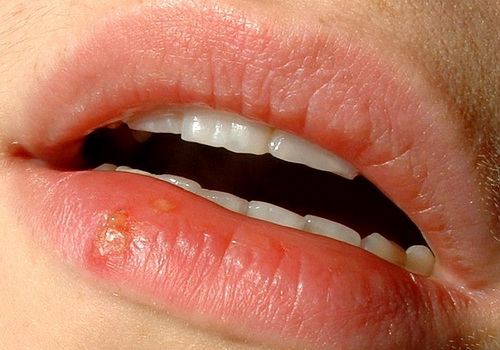
What Are Cold Sores?
Cold sores, also called fever blisters, are actually groups of small blisters which appear mostly around the mouth and on the lips. The skin around the blisters is often sore, swollen, and red in color. When these blisters break, a clear fluid comes and then a scab, which appears after a few days. They generally heal in anywhere between several days to 2 weeks time. Cold sores are caused by the Herpes simplex virus. There are 2 types of herpes simplex viruses: HSV-1 & HSV-2. Both types of viruses can cause sores around the mouth (herpes labialis) and on the genitals (genital herpes).
- Important notification about information and brand names used in this slideshow!
- Photo courtesy of Metju12 by Wikimedia Commons : commons.wikimedia.org/wiki/File:Herpes_labialis.jpg
- www.rxlist.com/cold_sores_slideshow/article.htm
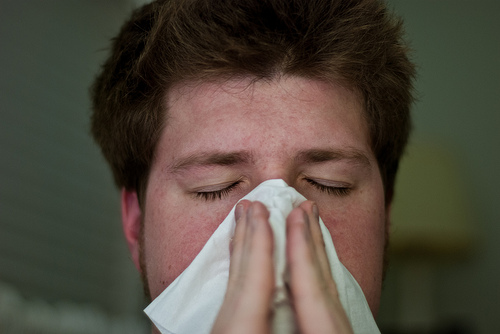
Cold Sores And Cold - Two Different Terms
Despite the name, cold sores are not caused by the common cold. They are actually caused by a virus, specifically the herpes simplex virus. Cold sores are highly infectious, contagious, and are passed to others through direct contact or contact with the bodily fluids of the infected person. Type 1 Herpes Simplex Virus is more likely to cause cold sores than type 2 HSV. As this virus reproduces, it damages the infected area, especially the skin, and leads to blister formation that lasts about seven days. Throughout the period of infection, this virus tends to remain present in the body inside nerve cells.
- Important notification about information and brand names used in this slideshow!
- Photo courtesy of William Brawley by Flickr : www.flickr.com/photos/williambrawley/4195919691/
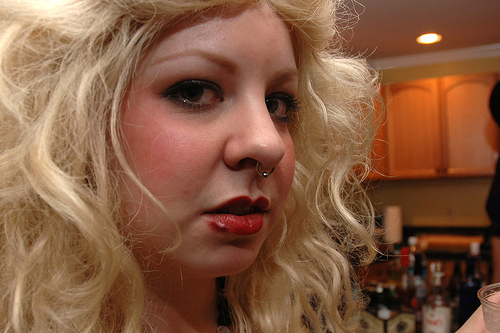
Who's At Risk?
More than 50% of adults all around the world, even those who have never had symptoms of this infection, are infected with this HSV-1. Not everyone with this virus develops cold sores. Genetics play a role in determining who develops cold sores and who doesn’t. People who have weakened immune systems, especially after a serious illness, are at a higher risk of developing cold sores. Kissing an infected person is a common cause of the transmission of this virus, and statistics suggest that about half the population has been infected with HSV 1 because of this.
- Important notification about information and brand names used in this slideshow!
- Photo courtesy of Andy Pixel by Flickr : www.flickr.com/photos/smull/287203793/
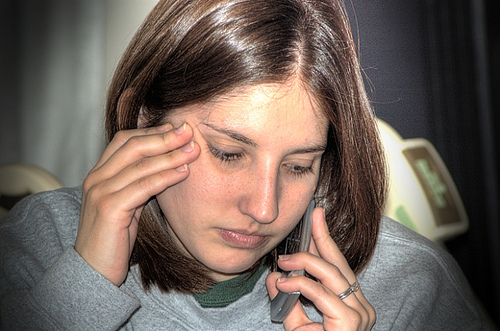
Stress – A Trigger Of Cold Sores
It has been discovered that most of the time, HSV remains in the nerve cells of an infected person in an inactive state. The symptoms begin to show up when the infection becomes active. The most common triggers of cold sores include stress, fever, sunlight, and menstruation. Most of the world population has some issues regarding stress which affect their immune system. Outbreaks can occur monthly in some people, while people who have very strong immune systems become infected less often. Some systemic infections can also trigger this virus but it is very rare. Malnutrition is also known to trigger cold sores.
- Important notification about information and brand names used in this slideshow!
- Photo courtesy of Christopher Meredith by Flickr : www.flickr.com/photos/chmeredith/3088120425/
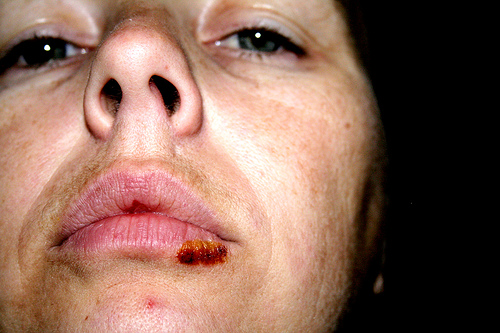
Are You Contagious?
The Herpes Virus is not contagious as long as it is present in the nerve cells in its inactivated form. However, it becomes contagious from when the skin turns red or itchy until the sores heal completely. Sometimes, the HSV virus can even be spread through saliva during kissing. It can also be transferred by touching an infected person, even if that person has not developed cold sores. The virus is most contagious when blisters are present and right after the blisters rupture and leak whitish fluid. This fluid is highly contagious. Be sure not to come in contact with the fluid.
- Important notification about information and brand names used in this slideshow!
- Photo courtesy of quadrapop by Flickr : www.flickr.com/photos/quadrapop/555386540/
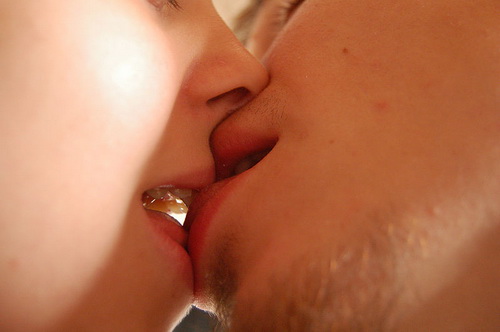
How Does The Virus Spread?
HSV spreads through contact with the infected person's sores or body fluids. Even without having the sores, the virus is usually present on the lips of an infected person, so kissing is a major way to transmit the virus to other people. HSV-1 is also found in the saliva of the infected person; sharing things such as drinking glasses or eating utensils, used by the infected person can spread this infection. Genital infection can occur after having oral sex with an infected person. If you or your partner have developed cold sores, the active herpes simplex virus-1 can be transmitted during oral sex and cause herpes in the genital area.
- Important notification about information and brand names used in this slideshow!
- Photo courtesy of KoS by Wikimedia Commons : commons.wikimedia.org/wiki/File:French_Kiss.JPG
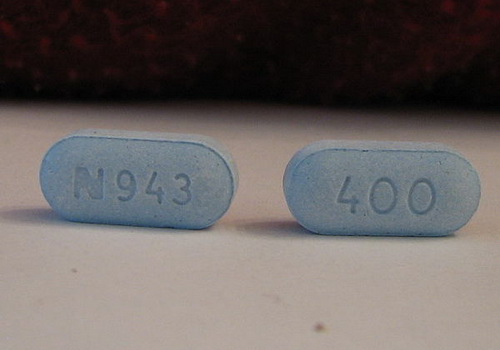
Treating Cold Sores – Creams & medications
Applying topical antiviral cream is a good treatment option. These creams can reduce the healing time but must be applied as soon as you notice the any signs of an outbreak. Docosanol cream can be used, available without a doctor’s prescription. Prescription creams include penciclovir and acyclovir. Oral antiviral drugs are known to speed up the healing process. Oral antiviral drugs must be taken at the very first sign of an outbreak. The three most commonly used antiviral drugs for the treatment of cold sores are Acyclovir, Valacyclovir, and Famciclovir. Acyclovir and Valacyclovir should be taken immediately with the first signs of a cold sore. Famciclovir is given as a single-dose oral antiviral drug.
- Important notification about information and brand names used in this slideshow!
- Photo courtesy of Ragesoss by Wikimedia Commons : en.wikipedia.org/wiki/File:Acyclovir_pills.jpg
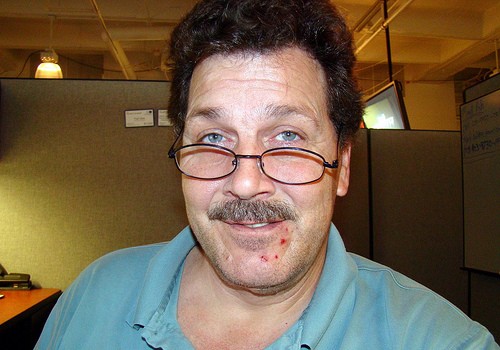
Relieve Your Pain
The initial symptoms of cold sores are usually the most severe and can last up to 14 days. Recurrent episodes of this virus typically last about a week. Some over-the-counter antimicrobial creams or gels can offer pain relief, while some people have found hot or cold compresses to be helpful in relieving the burning, irritation, and pain. If it is left untreated, this can change into a more severe form, which can be more painful for the victim. It may also result in a more severe infection, which is more contagious and more likely to spread. Get yourself treated as soon as possible.
- Important notification about information and brand names used in this slideshow!
- Photo courtesy of TexasDarkHorse by Flickr : www.flickr.com/photos/utahdarkhorse/3521610059/

Avoid The Spread - Take Precautions
Although it may not be possible to completely eliminate the chances of getting cold sores, using proper hygiene makes it possible to reduce the spread of this virus. This means that you should not share utensils; try not to share drinking glasses, plates, spoon, fork, etc. Make sure not to kiss your partner if you have developed cold sores; in addition, you must avoid oral sex as it results in the transmission of the virus. Take good care of your personal hygiene. Using a separate towel, hand soap, face wash, and son on decreases the possibility of virus transmission.
- Important notification about information and brand names used in this slideshow!
- Photo courtesy of David by Flickr : www.flickr.com/photos/rnddave/8354488670/
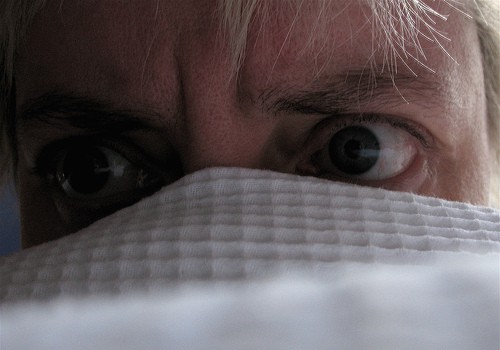
Prevention Of Cold Sores
Limiting your exposure to cold-sore outbreaks limits its spread. Use sunscreen, UV-blocking antiviral creams, and lip protection to avoid sun exposure. Relaxation, stress-management, and immunity-boosting techniques can help to reduce stress. Getting plenty of sleep exercising regularly can ensure that your immune system is as healthy as possible. If you have frequent or severe outbreaks and any blister on your body, especially on the lips or the genital areas for cold sores, discuss the condition with your Physician. He or she can recommend medications to reduce the severity of the symptoms and speed up the healing process.
- Important notification about information and brand names used in this slideshow!
- Photo courtesy of Esther Simpson by Flickr : www.flickr.com/photos/estherase/1203777429/


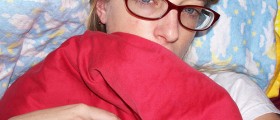



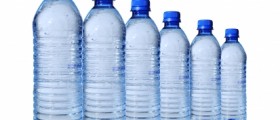


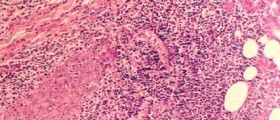
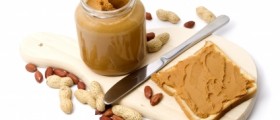
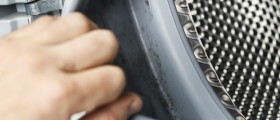

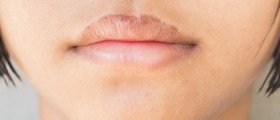

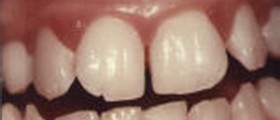

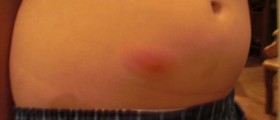
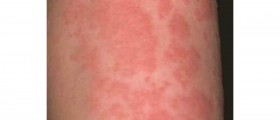

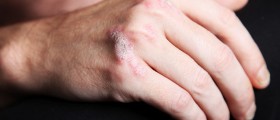

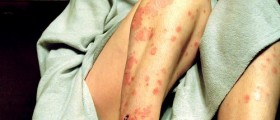

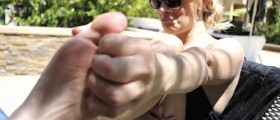
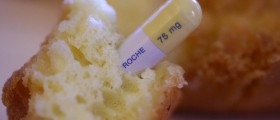
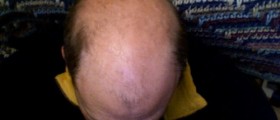
Your thoughts on this
Loading...